Are you tired of being embarrassed during your games but you don't know how to react? We explain everything to you in our file on arbitration at padel.
The theme of the day, you have understood it: embarrassment.
There are two types of discomfort that can be caused by players. Which ones?
- Intentional embarrassment.
- Unintentional discomfort.
What is the consequence of intentional interference?
If the hindrance is voluntary, the point will be given to the opposing pair.
What is the consequence of unintentional discomfort?
If the hindrance is judged to be involuntary, the point will be replayed, flight.
Away play is allowed, following a smash by A (pair A/B), which goes over the side wall, player C (pair C/D) goes out but B gets in the way of his road. Decision ?
It's a voluntary embarrassment, the A/B pair loses the point.
When A is about to smash, one of his opponents waves his arms to disturb him. A stops. Decision ?
Player A's pair wins the point.
When A is about to smash, one of his opponents waves his arms to disturb him. A attempts to spike and fouls. Decision ?
Player A's pair loses the point because he cannot pretend to be embarrassed when he tried to make the move.
A smash from A (pair A/B) hits the opponent's ground, the back window and returns to his camp. C (pair C/D) rushes to the net to play the ball. B who is at the net does not move and places his racket in front of him to protect himself. C cannot play the ball because he is hindered by B. Decision?
The discomfort is not voluntary, the point is to be replayed (LET).
A/B pair versus C/D pair. Hit a volley that he considers a winner and yells “go”. C just manages to touch the ball, without trying to return it and pretends to be embarrassed. Decision ?
Point for the C/D pair because A performed a hindrance before the end of the point.
A player says he is embarrassed by one of his opponents who squeals while hitting the ball. Decision ?
No fault a priori, but the decision is left to the discretion of the referee, supervisor, who, if he considers that there has been actual interference, can pronounce a LET or count a point lost to the pair of the player who shouted if he thinks it was intentional.
A player who had the possibility of making a winning shot returns only an easy ball, and then shouts: "It sucks". His adversaries, surprised, do not play the ball. Decision ?
The pair of the player who shouted during the rally loses the point.
A player announces "fault" because he thinks that the ball has directly touched a window and immediately realizes that he was mistaken. Decision ?
This is considered intentional interference, so that player's pair loses the point.
Before the start of a rally, can player A (pair A/B) ask his opponents (pair C/D) to discard a ball on the court on their side of the net?
Yes, but C/D are not required to do so.
What happens if the ball is not discarded and a player of the pair C/D touches it?
- If during the rally C or D involuntarily touches the ball then the point will be replayed the first time (and lost the following times).
- If during the rally C or D voluntarily dismisses it then the point will be lost by C/D (voluntary hindrance).
After being rocked by tennis for nearly 15 years, I became an absolute fan of its cousin, the padel. For nearly a year now, I've been chasing the little yellow ball with another racquet, but with just as much passion! Based in Lyon, I intend to make you better acquainted with the padel in the region and at the national level.




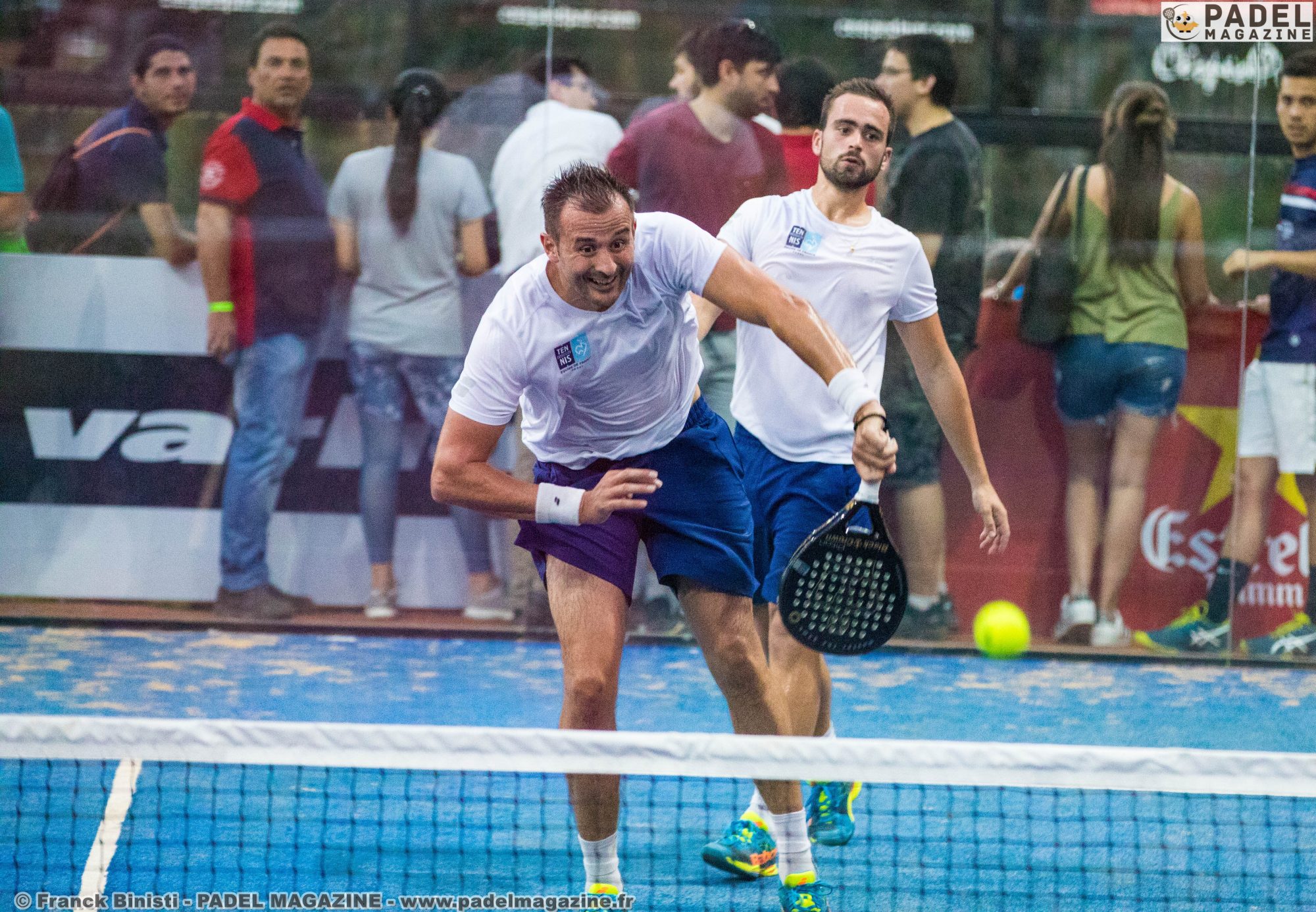












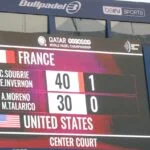













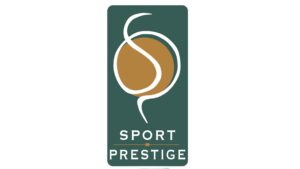
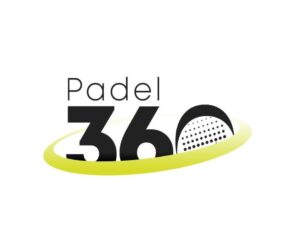

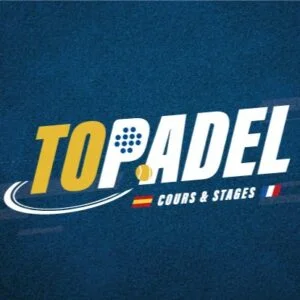



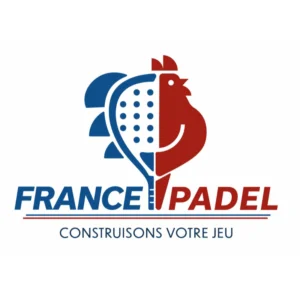
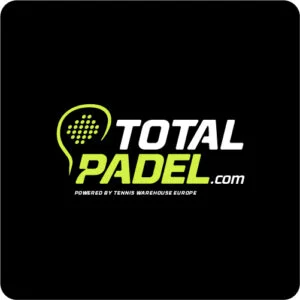
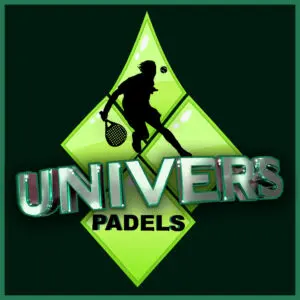
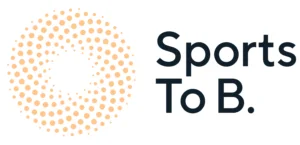

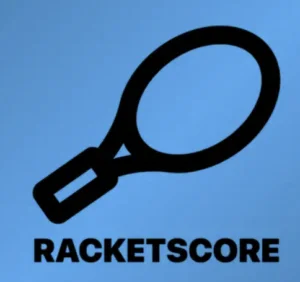
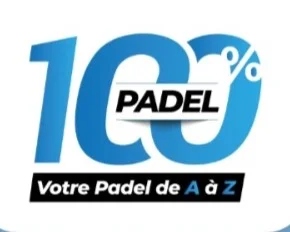
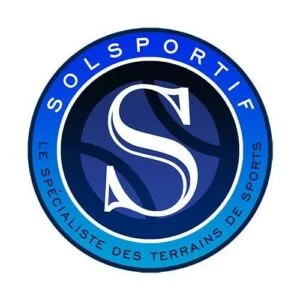
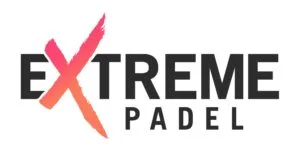
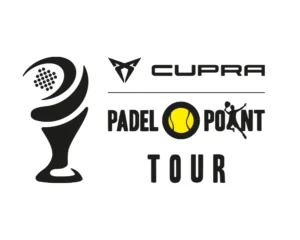

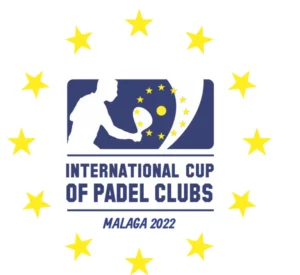
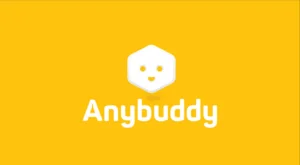



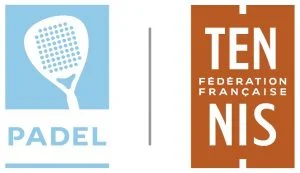
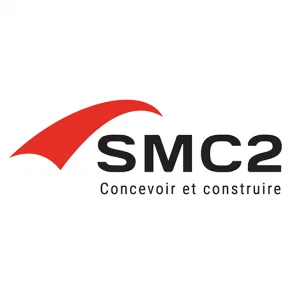

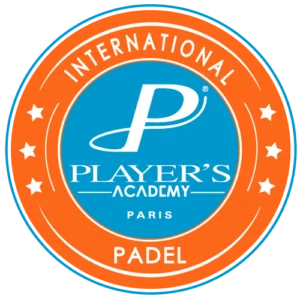
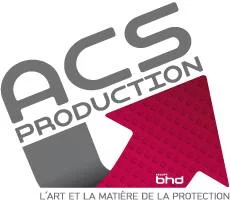
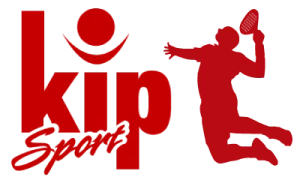

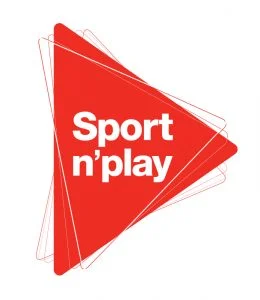

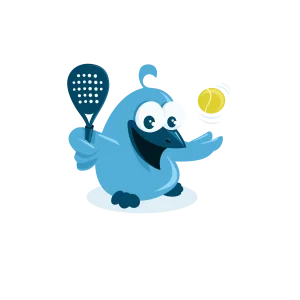

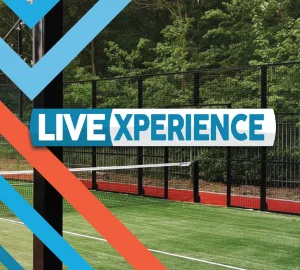
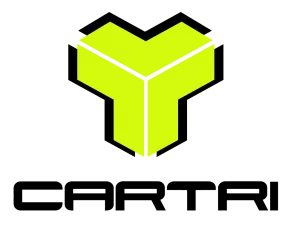

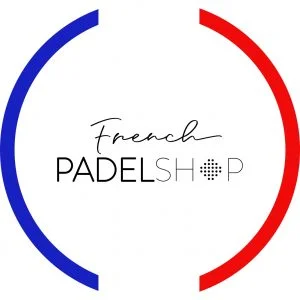
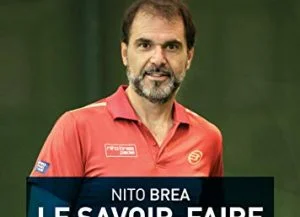
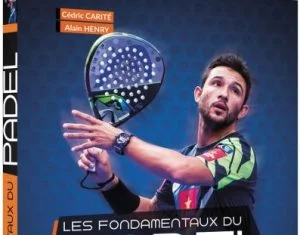


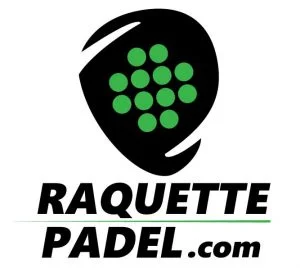
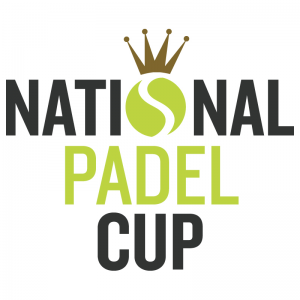
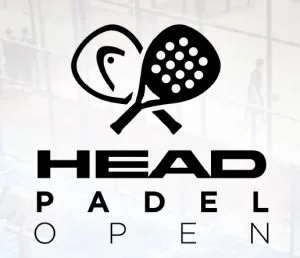





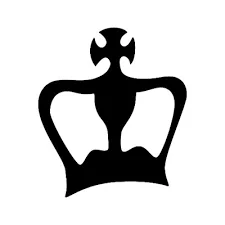
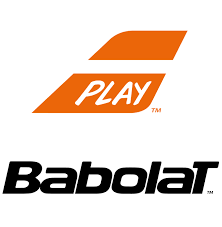

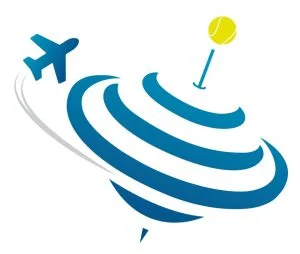
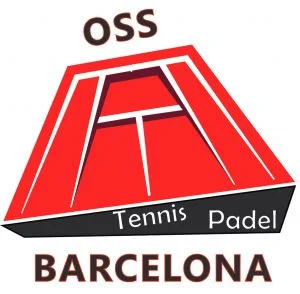
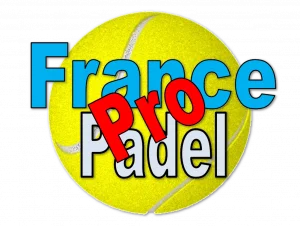


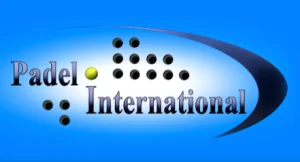

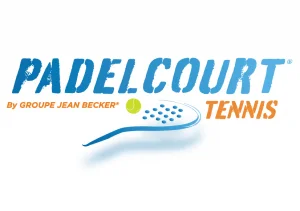
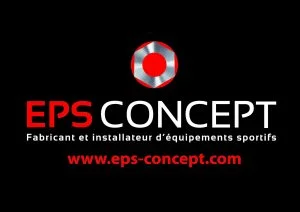
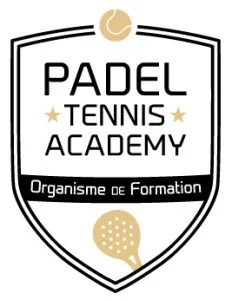
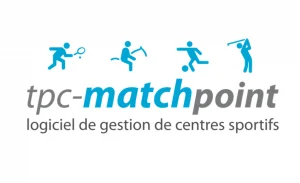
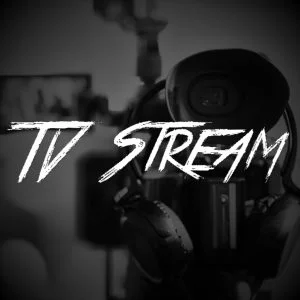
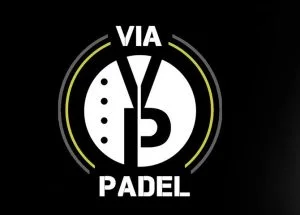
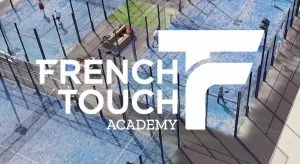



 Premier Padel Brussels P2 – The break obviously did Sanchez / Josemaria good!
Premier Padel Brussels P2 – The break obviously did Sanchez / Josemaria good!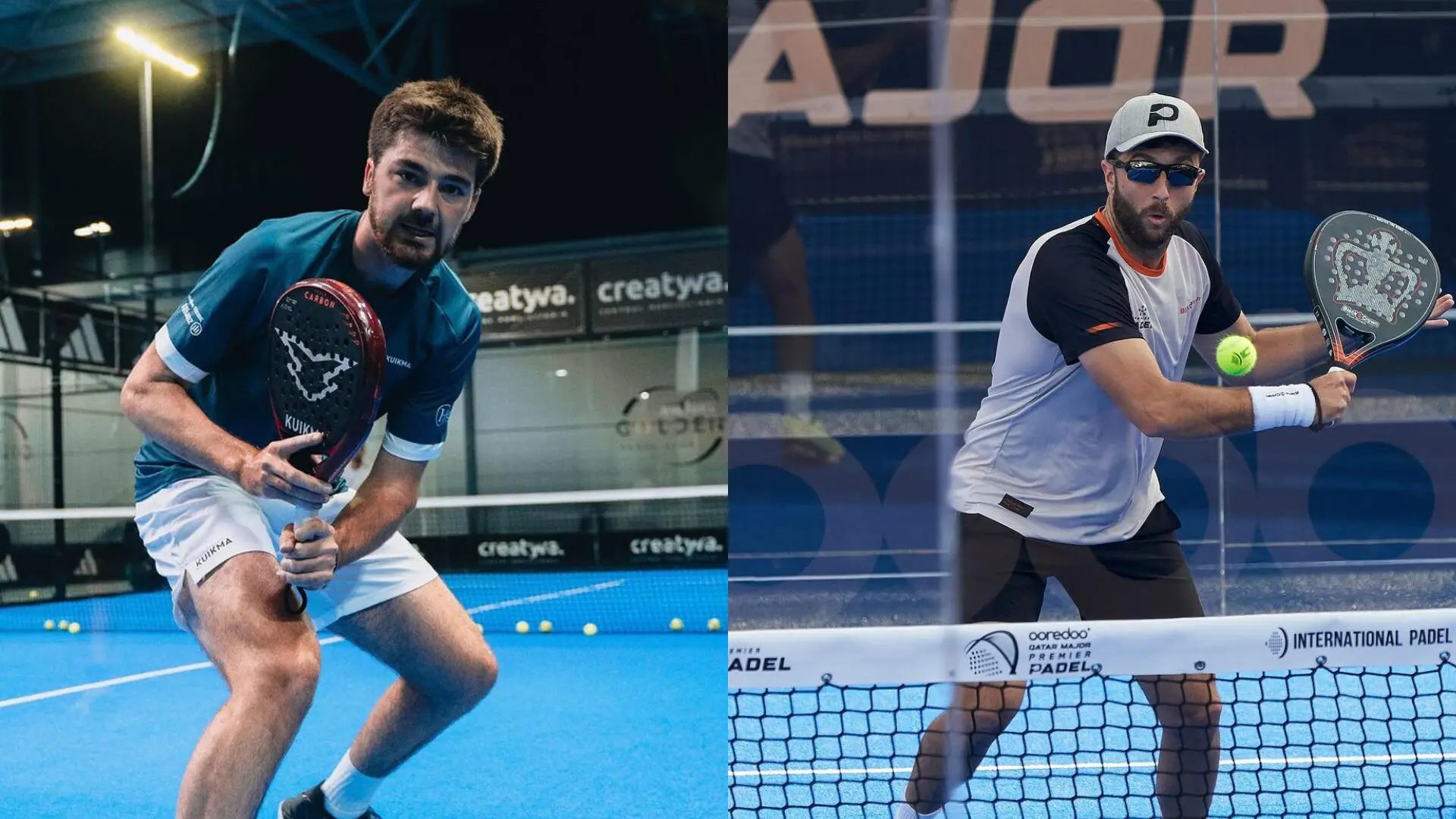 Premier Padel Sevilla P2 – From the waiting list to previas for Dylan Guichard and Ricardo Martinez!
Premier Padel Sevilla P2 – From the waiting list to previas for Dylan Guichard and Ricardo Martinez! Miguel Lamperti: three tie-breaks and a return to the quarter-finals!
Miguel Lamperti: three tie-breaks and a return to the quarter-finals! Guillaume Codron de Sud Padel : “A family project”
Guillaume Codron de Sud Padel : “A family project” Nallé Grinda: “Democratize the padel in the USA with PadelX "
Nallé Grinda: “Democratize the padel in the USA with PadelX "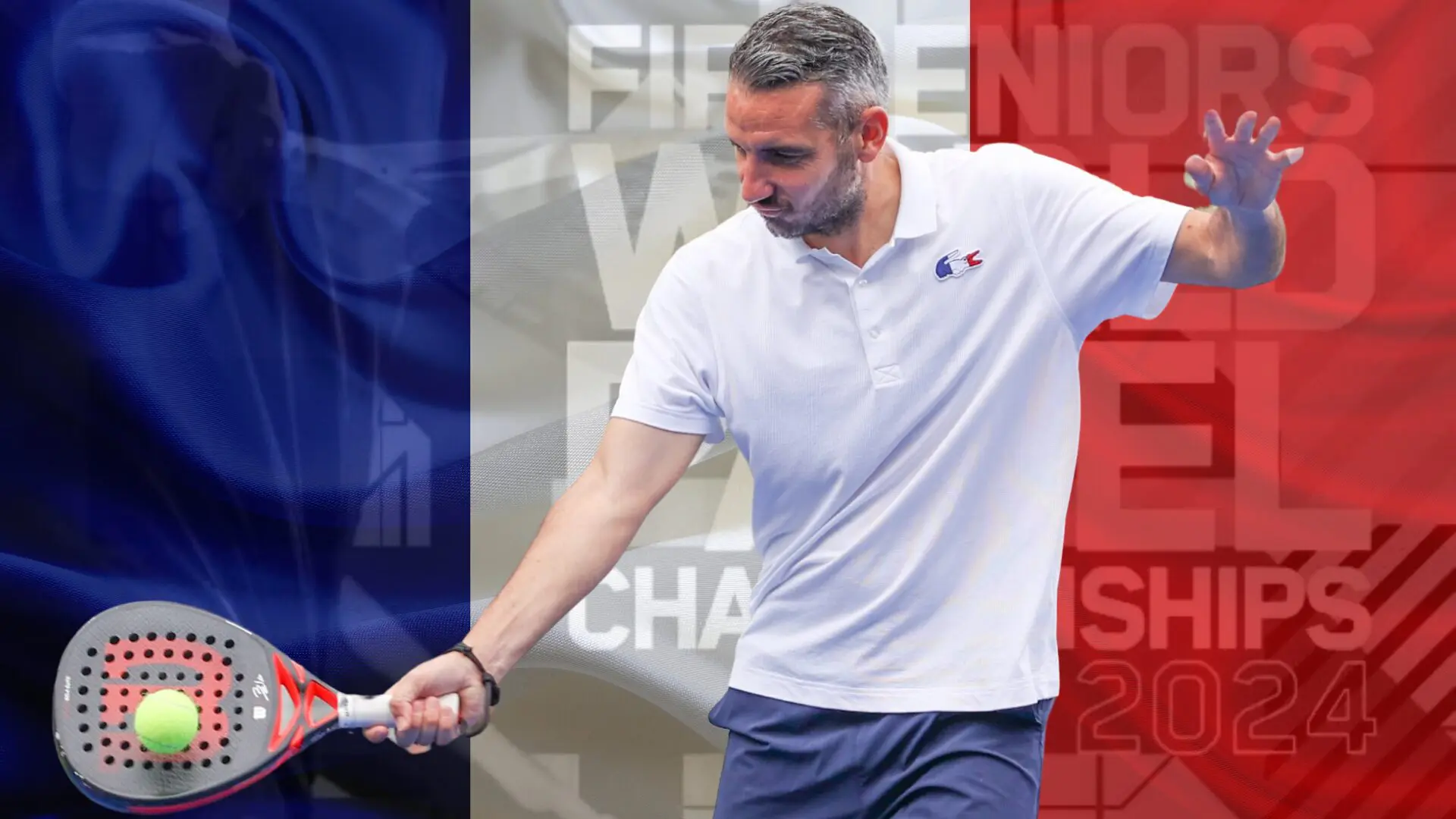 Simon Boissé: “We know that there are two nations in front of us”
Simon Boissé: “We know that there are two nations in front of us”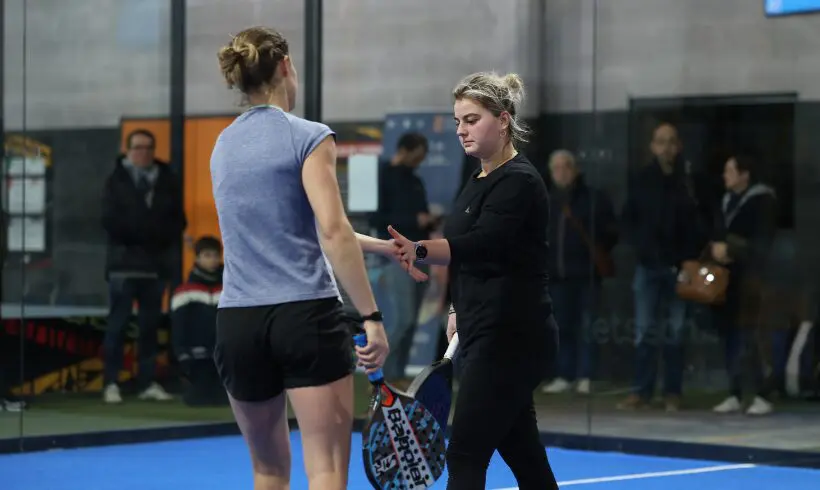 Marie Maligo: “This period of frequent changes of partners was beneficial for me”
Marie Maligo: “This period of frequent changes of partners was beneficial for me” Gilles Moretton: “We will be able to put the padel at the level of tennis”
Gilles Moretton: “We will be able to put the padel at the level of tennis” Two P1000 doubled prize money approaching!
Two P1000 doubled prize money approaching! José Manuel Escin at the inauguration of Casa Padel DOS: “Finally, and thank you!”
José Manuel Escin at the inauguration of Casa Padel DOS: “Finally, and thank you!”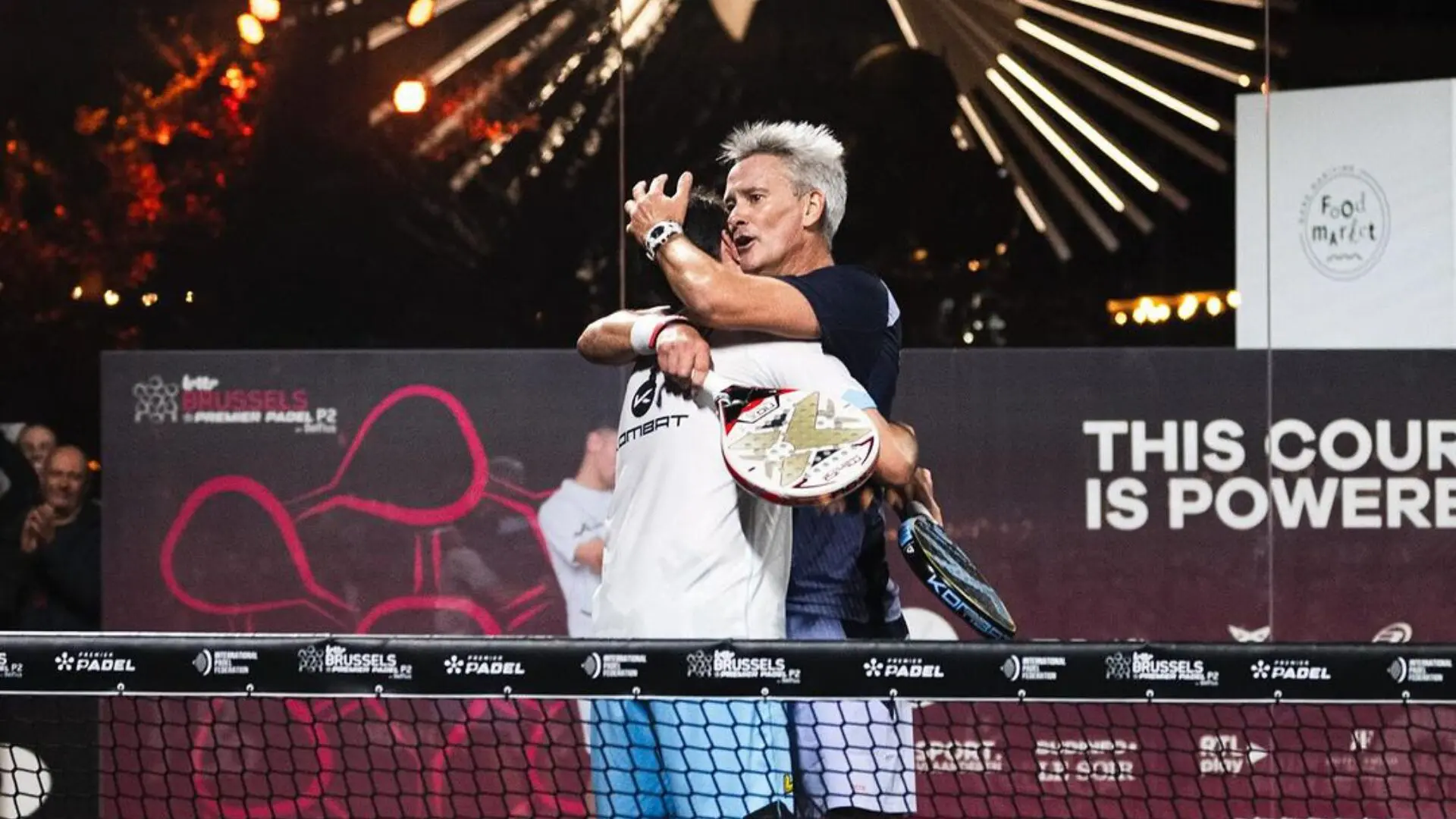 Big evening in Brussels with two seeded players on the mat, heckled number 1s…
Big evening in Brussels with two seeded players on the mat, heckled number 1s…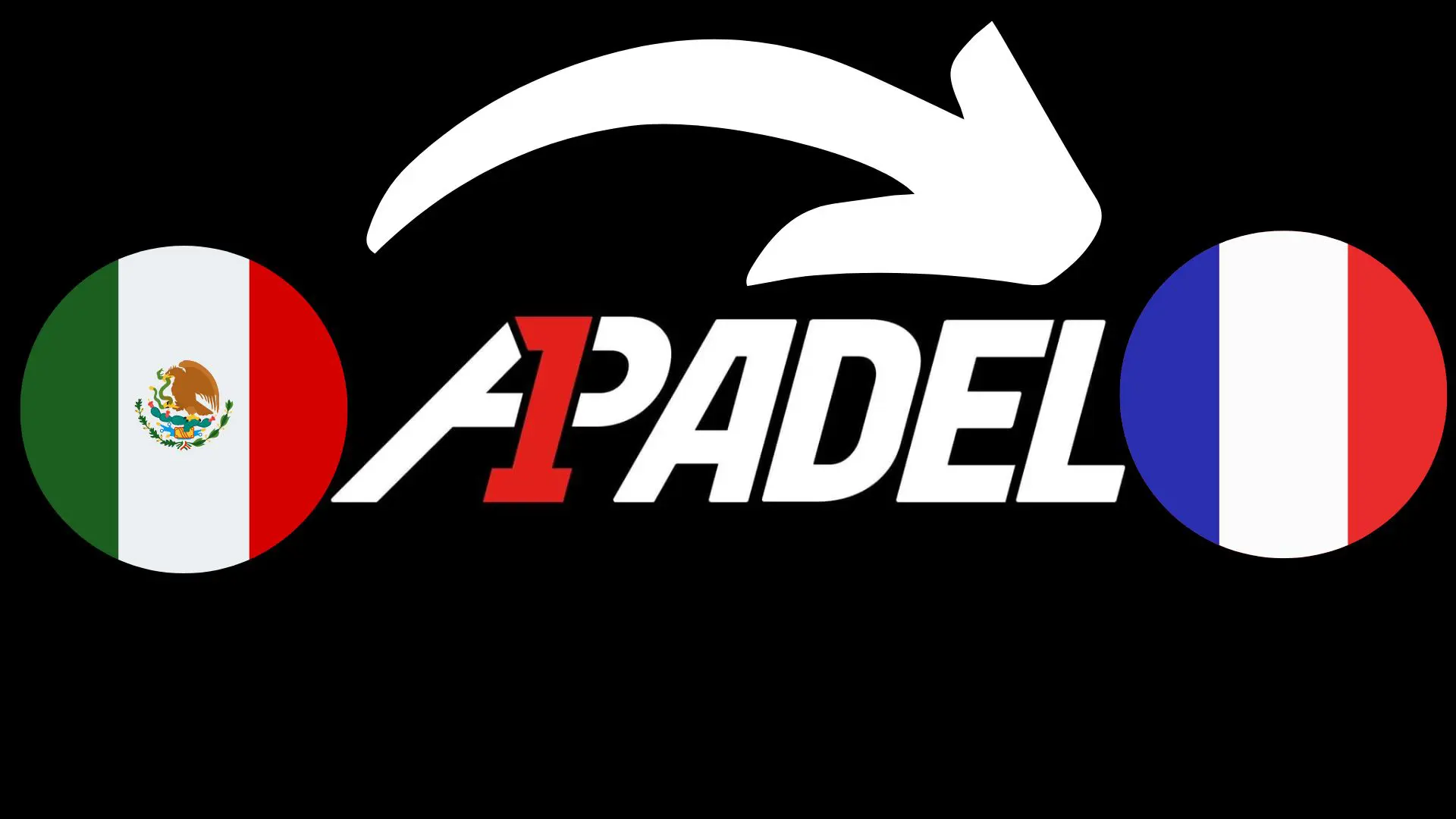 A1 Padel – the French Open replaces the Mexican Open on the calendar
A1 Padel – the French Open replaces the Mexican Open on the calendar 4 Fiberglass Padel Courts for The Ville de Paris: a choice that looks to the future
4 Fiberglass Padel Courts for The Ville de Paris: a choice that looks to the future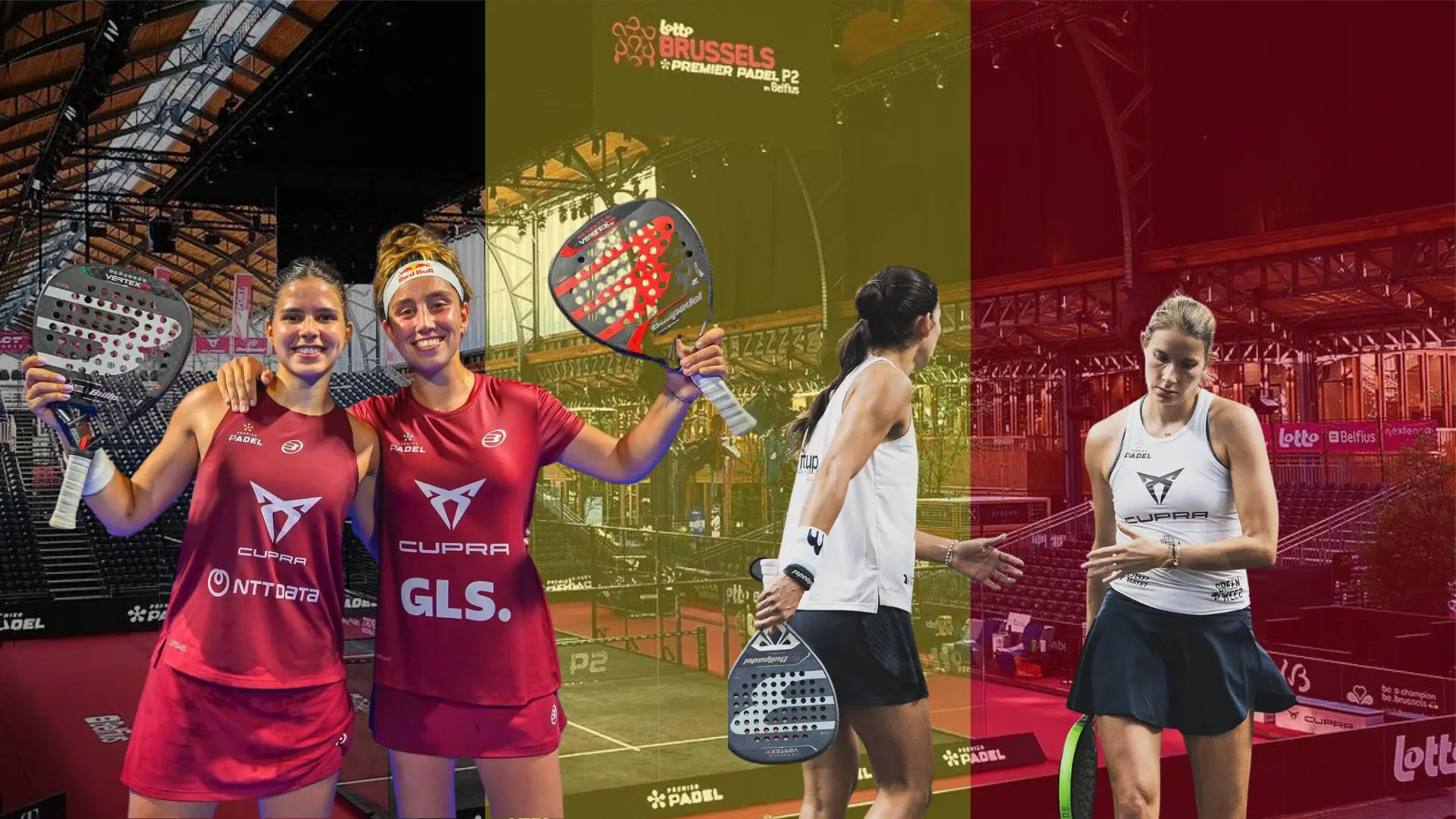 Brussels Premier Padel Brussels P2 – Collombon / Bidahorria falls against Brea / Gonzalez
Brussels Premier Padel Brussels P2 – Collombon / Bidahorria falls against Brea / Gonzalez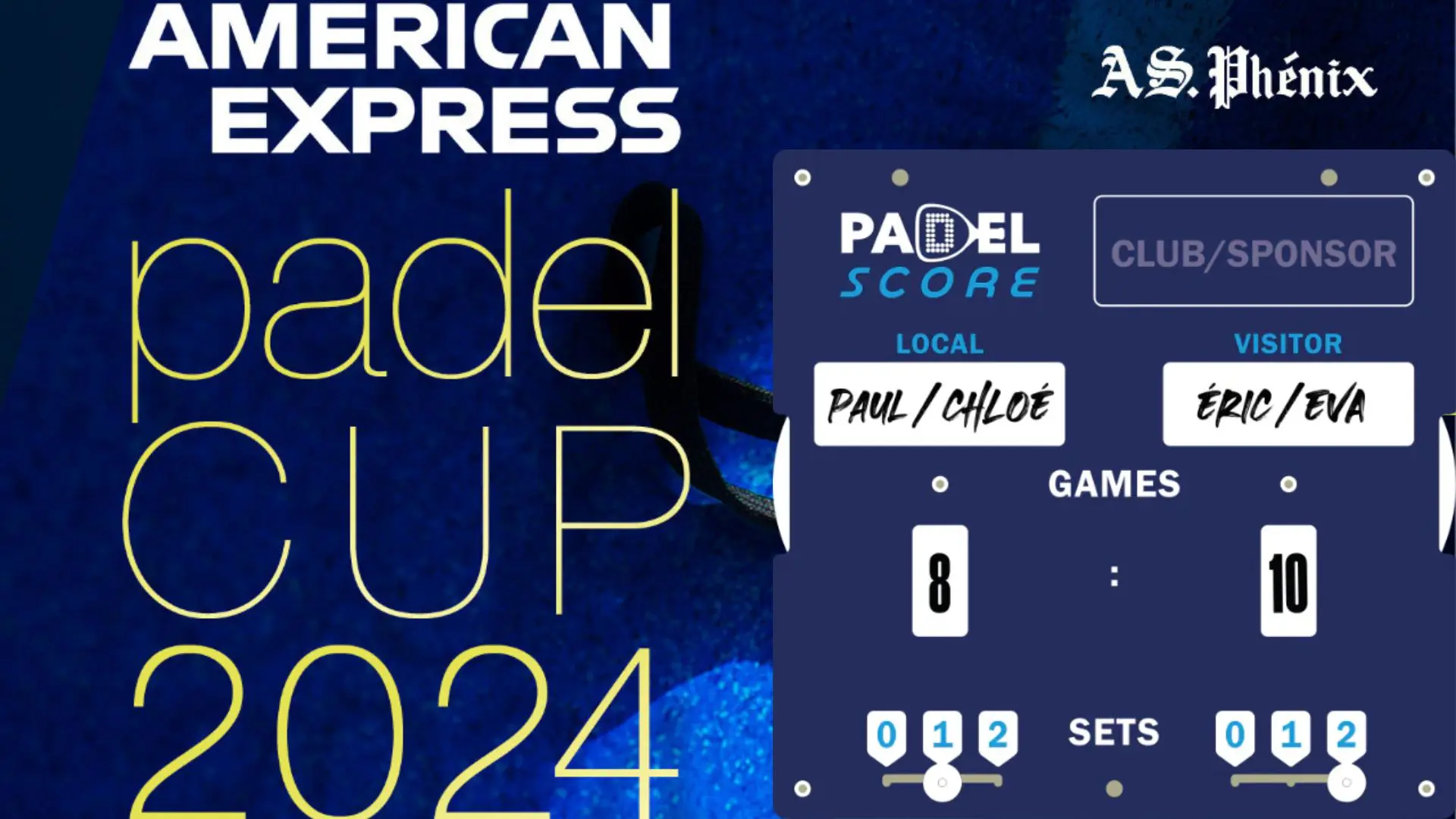 Padel Score comes to Tahiti for American Express Padel Cup!
Padel Score comes to Tahiti for American Express Padel Cup!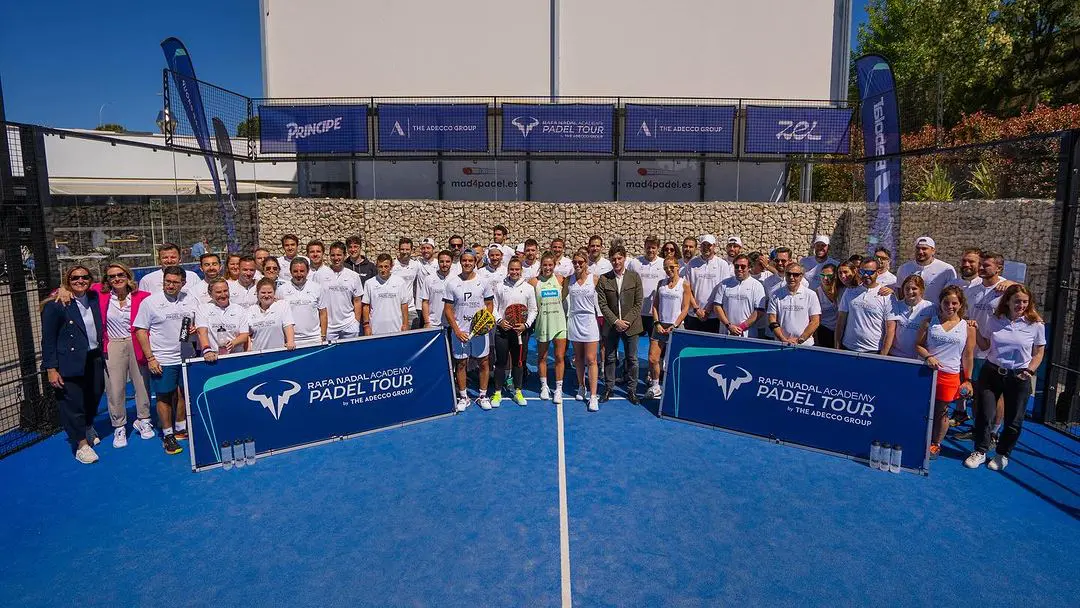 Do you know the Rafa Nadal Academy Tour?
Do you know the Rafa Nadal Academy Tour?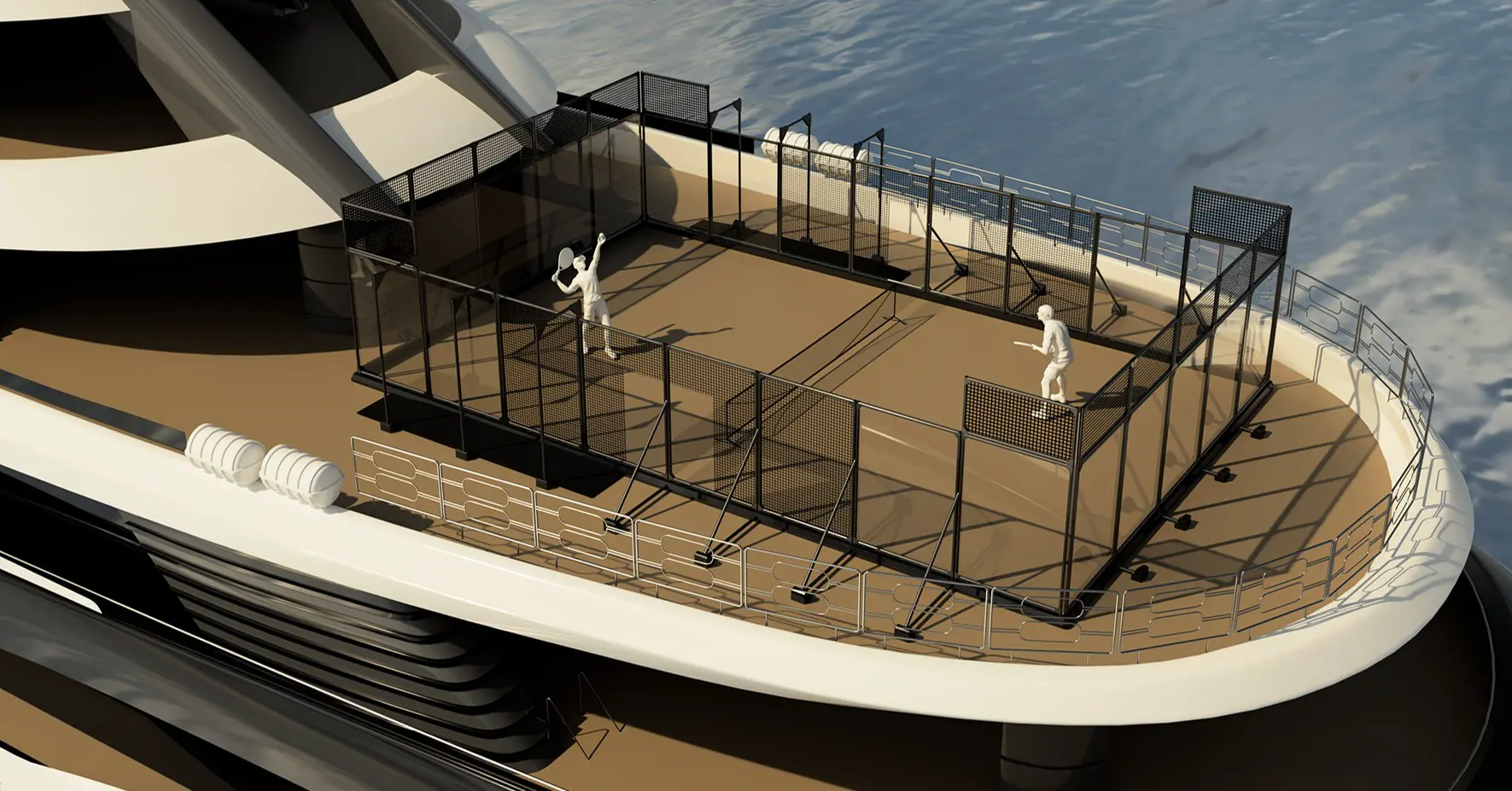 Play at padel on his yacht? Possible for €233.000!
Play at padel on his yacht? Possible for €233.000! Our Top 10 training courses padel in France and Europe
Our Top 10 training courses padel in France and Europe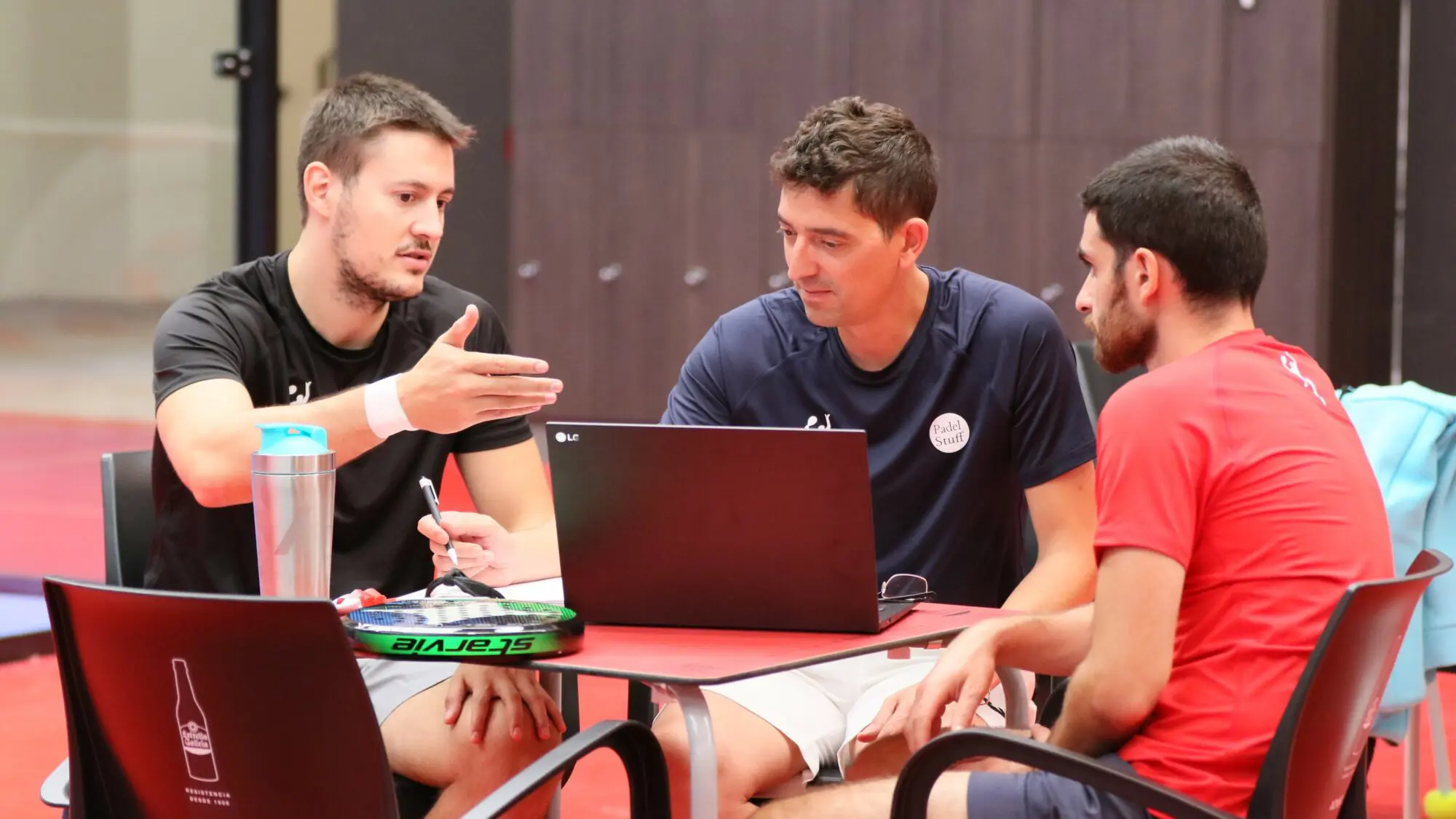 At the heart of padel – Episode 25: Paul and Andoni answer your questions
At the heart of padel – Episode 25: Paul and Andoni answer your questions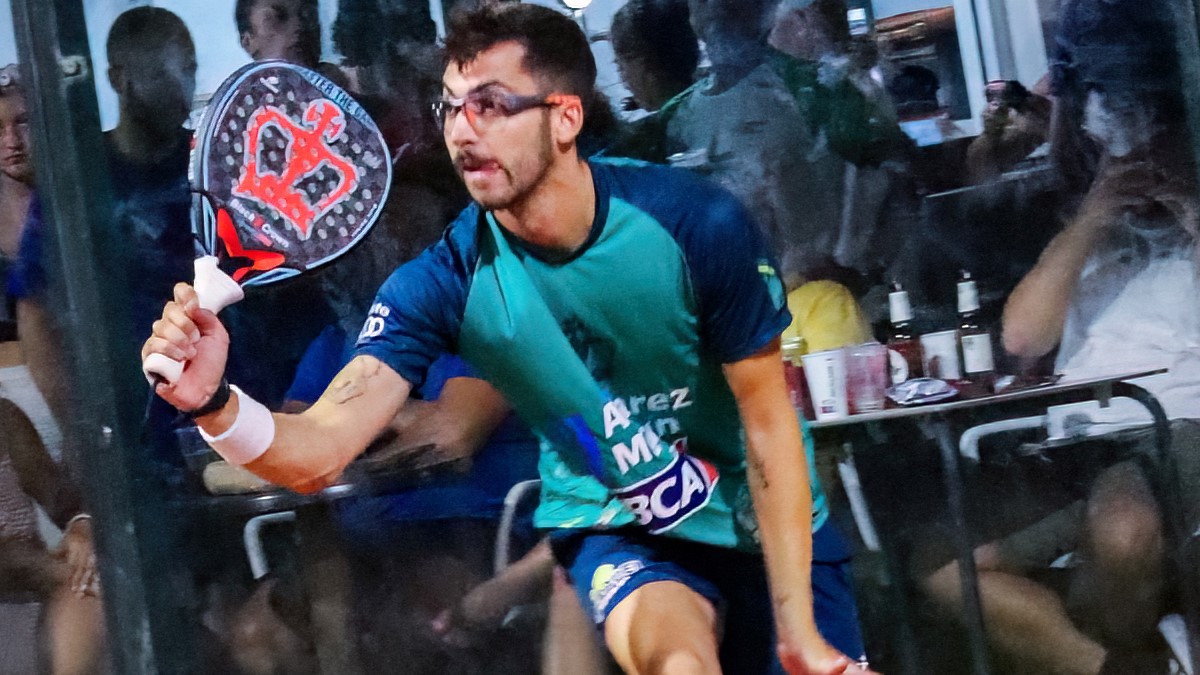 Tactical padel – What to do when faced with players who systematically stay at the bottom?
Tactical padel – What to do when faced with players who systematically stay at the bottom?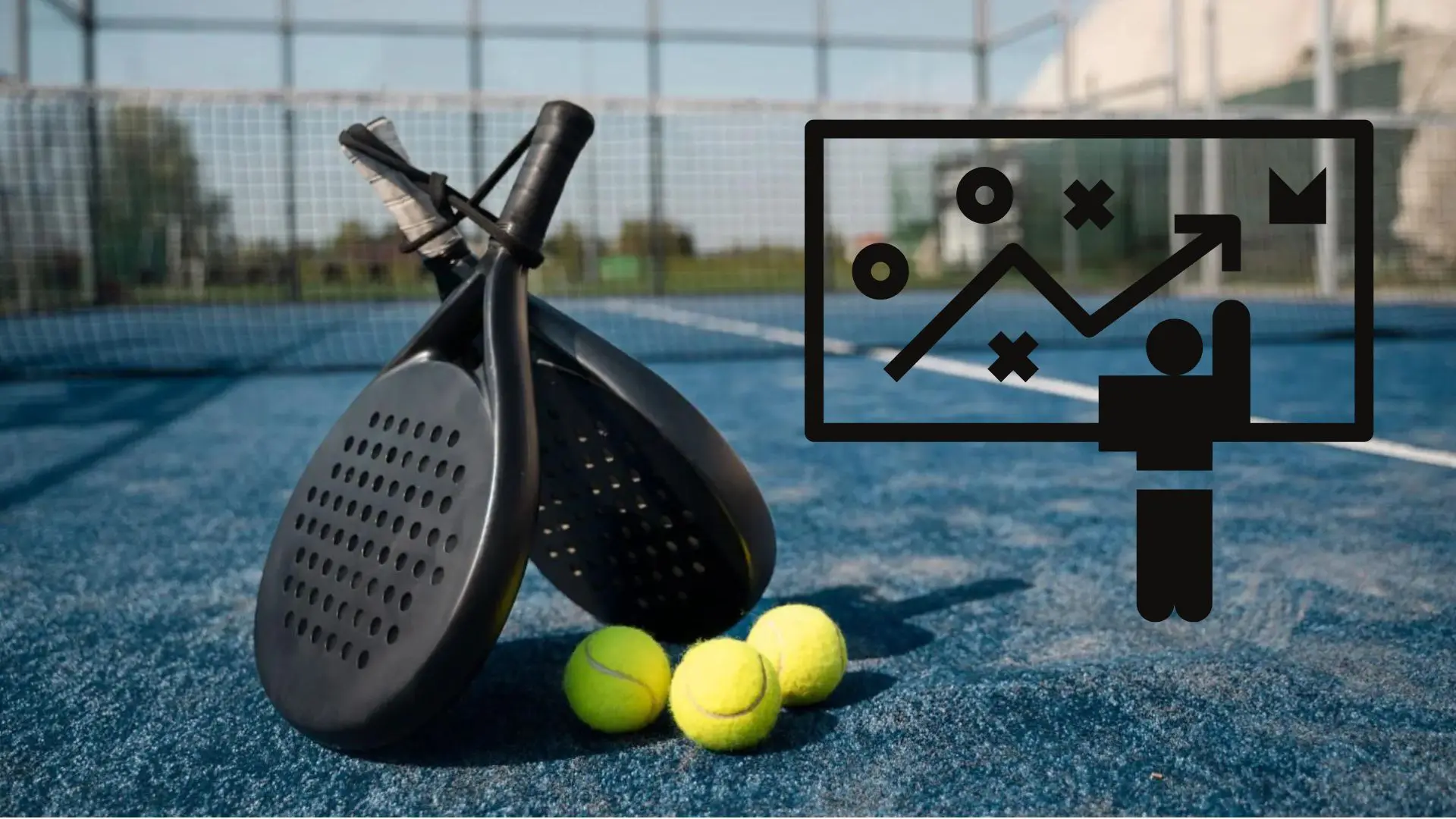 The basic tactics of padel
The basic tactics of padel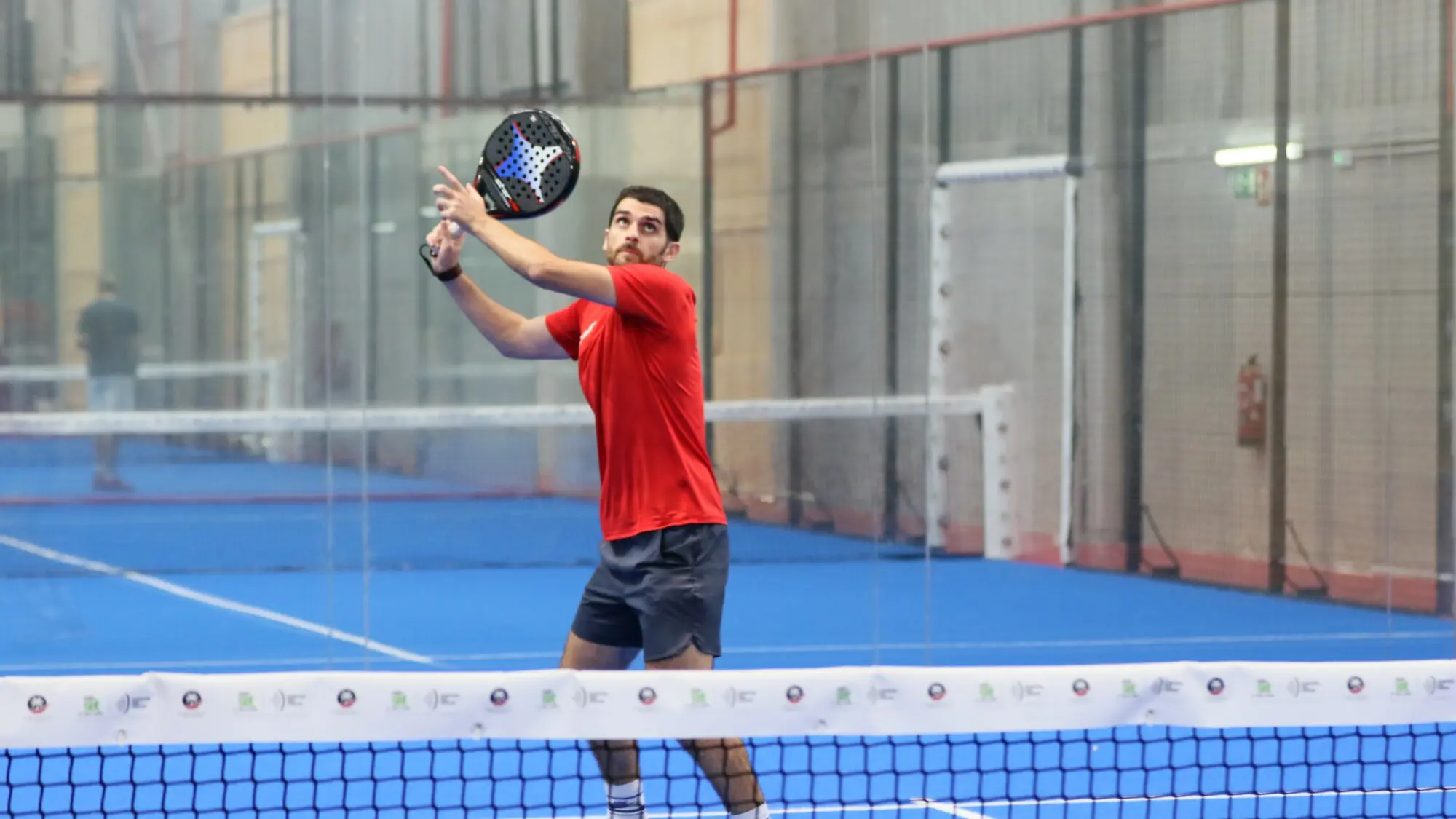 At the heart of padel – Episode 25: Paul and Andoni answer your questions
At the heart of padel – Episode 25: Paul and Andoni answer your questions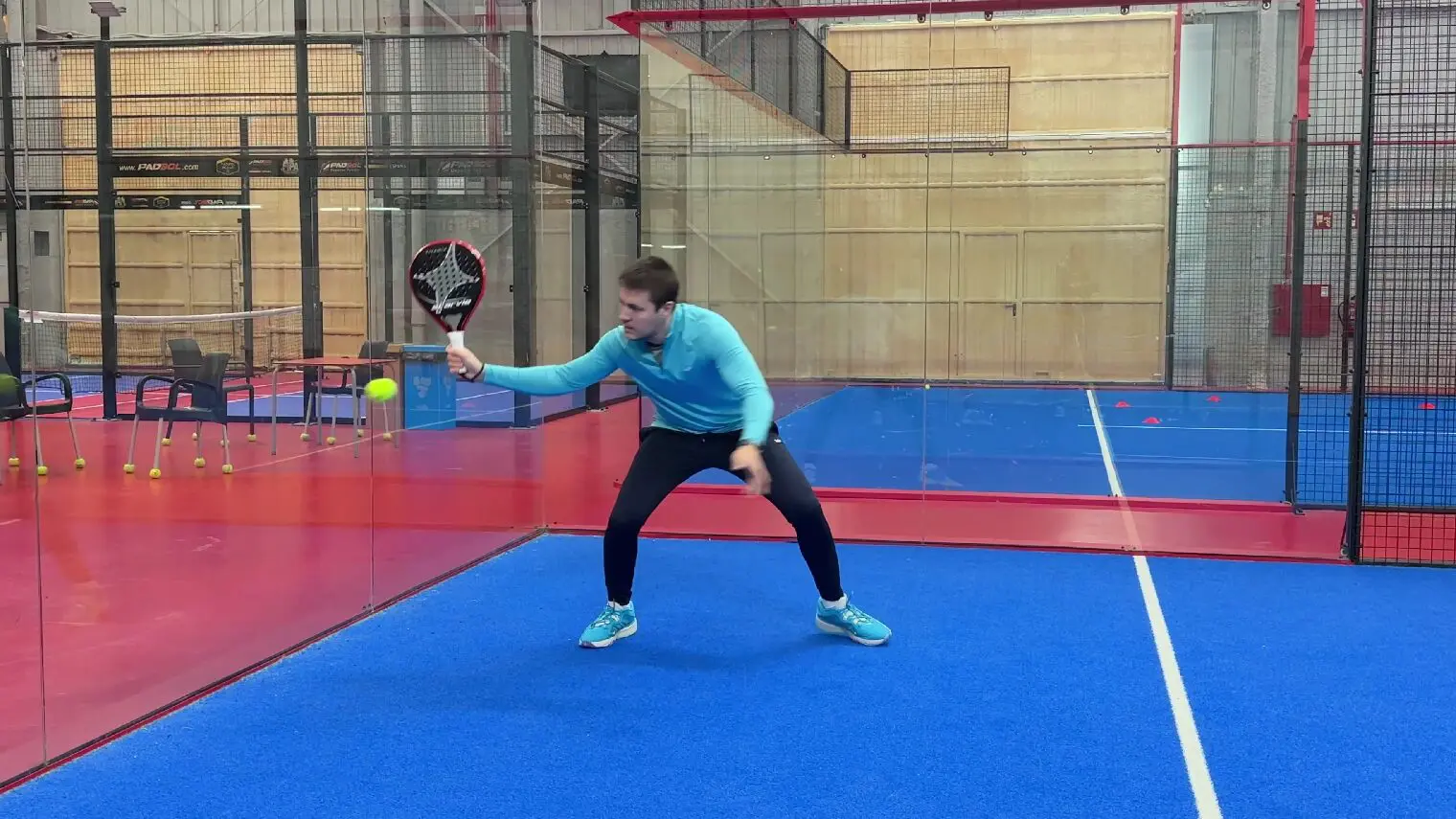 At the heart of padel – Episode 23: defend the window well
At the heart of padel – Episode 23: defend the window well Prohibition on playing topless Padel : the reasons
Prohibition on playing topless Padel : the reasons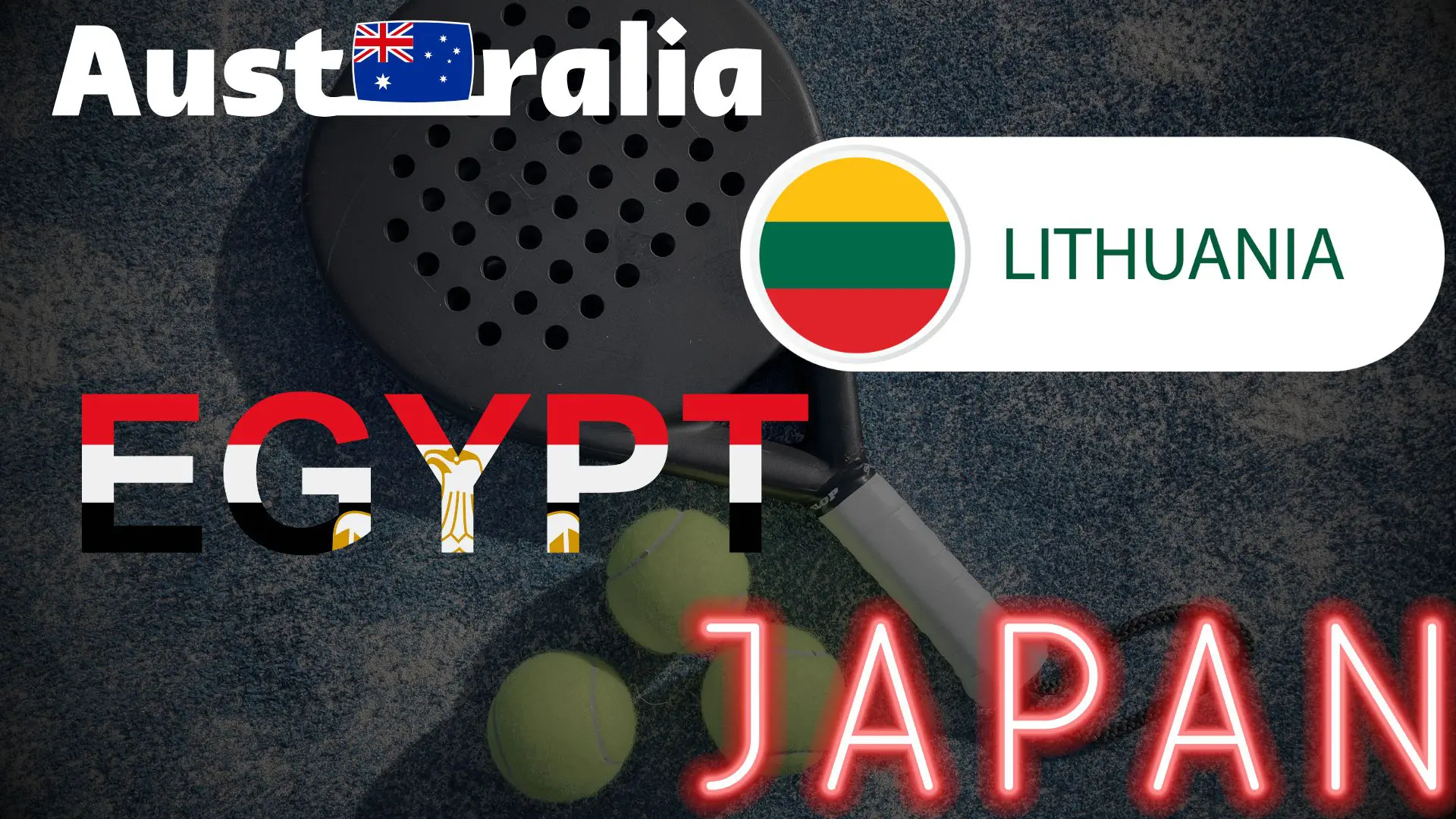 FIP Tour – Going far from Europe, THE strategy to earn points!
FIP Tour – Going far from Europe, THE strategy to earn points! What is a good football player? padel ?
What is a good football player? padel ? “Lefties give me headaches when I play against them!”
“Lefties give me headaches when I play against them!”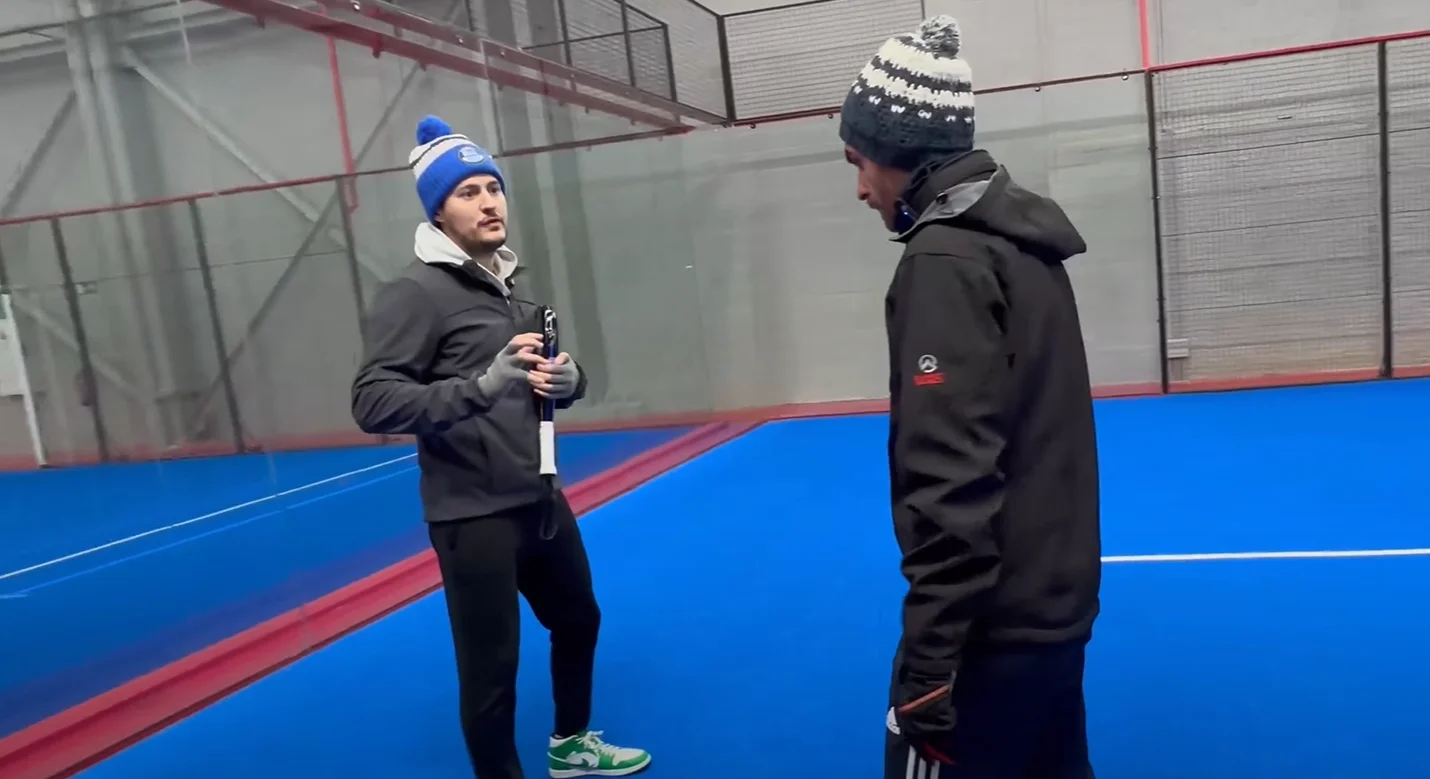 At the heart of padel – Episode 14: how to earn points in winter?
At the heart of padel – Episode 14: how to earn points in winter?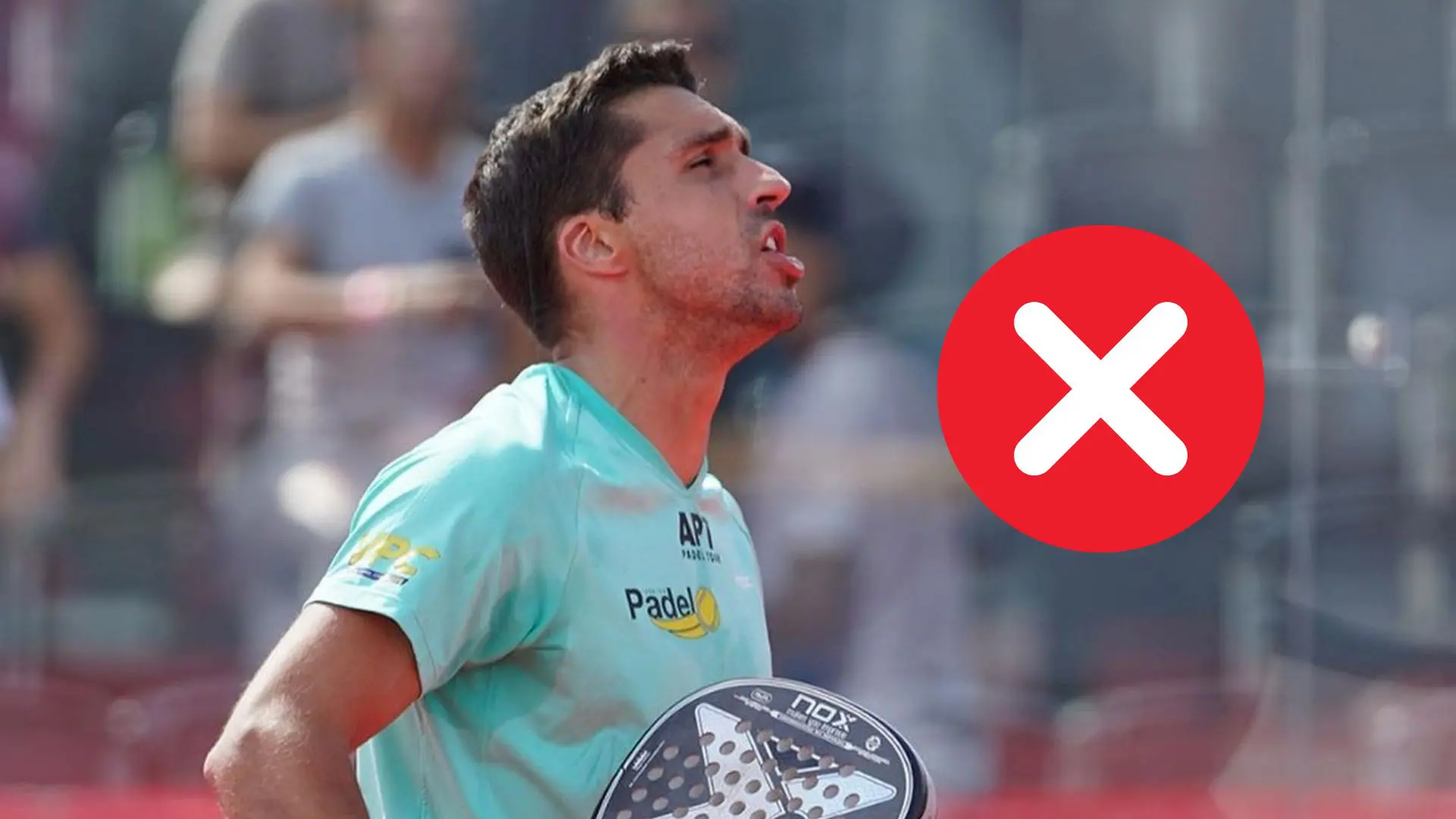 A par 4 is always a winner...even if you manage to defend it!
A par 4 is always a winner...even if you manage to defend it!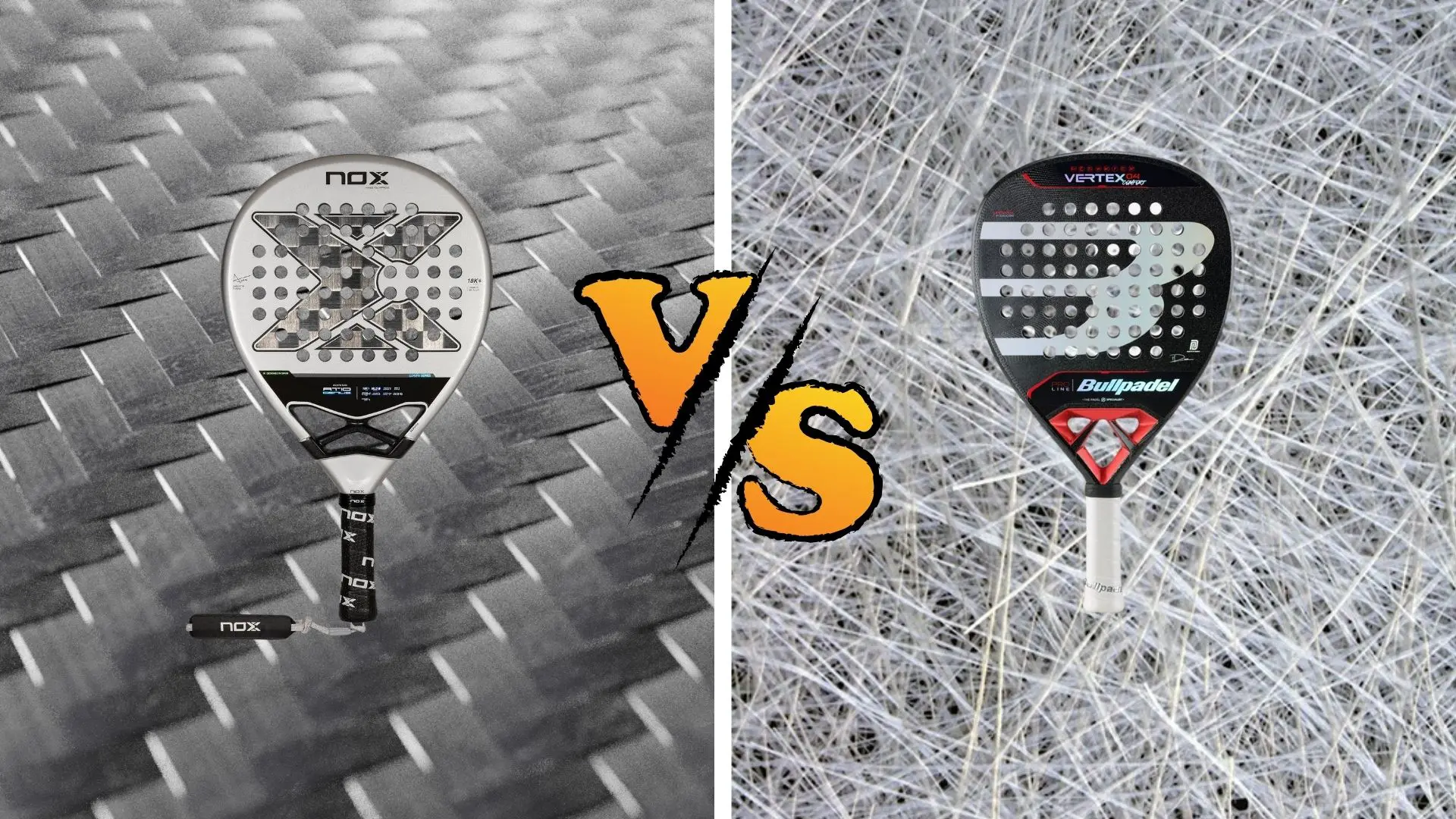 Carbon fiber VS fiberglass: what to choose?
Carbon fiber VS fiberglass: what to choose?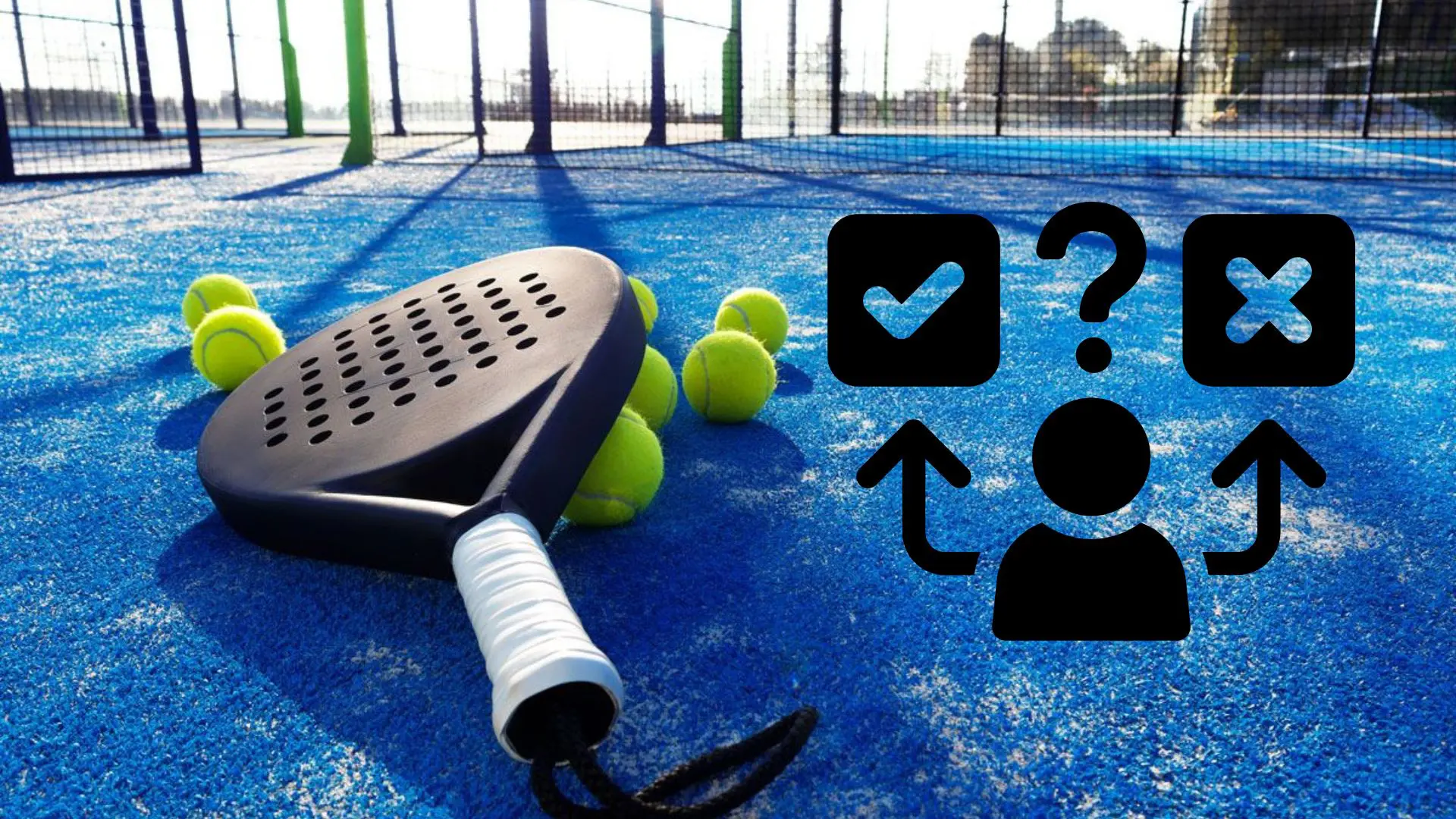 How to effectively test a racket padel ?
How to effectively test a racket padel ?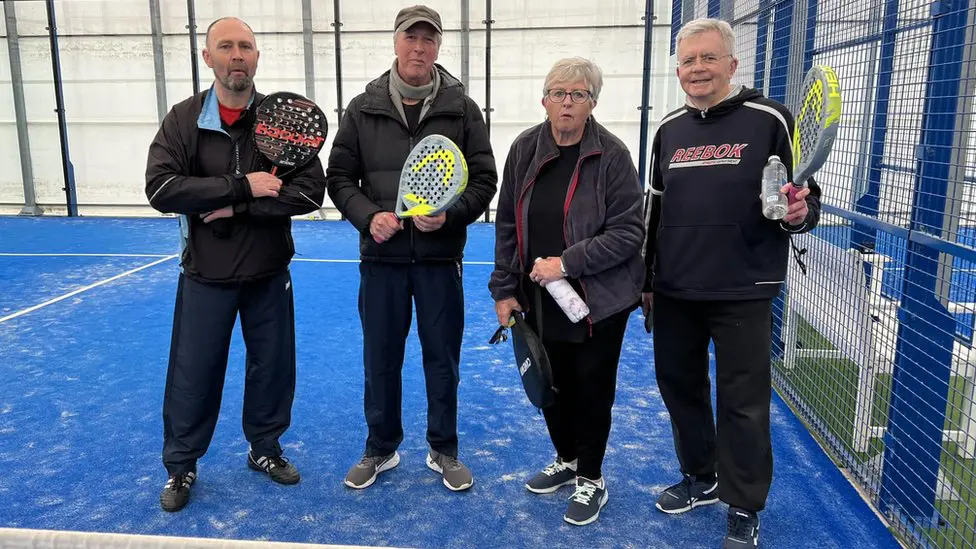 La padel to fight Parkinson's disease
La padel to fight Parkinson's disease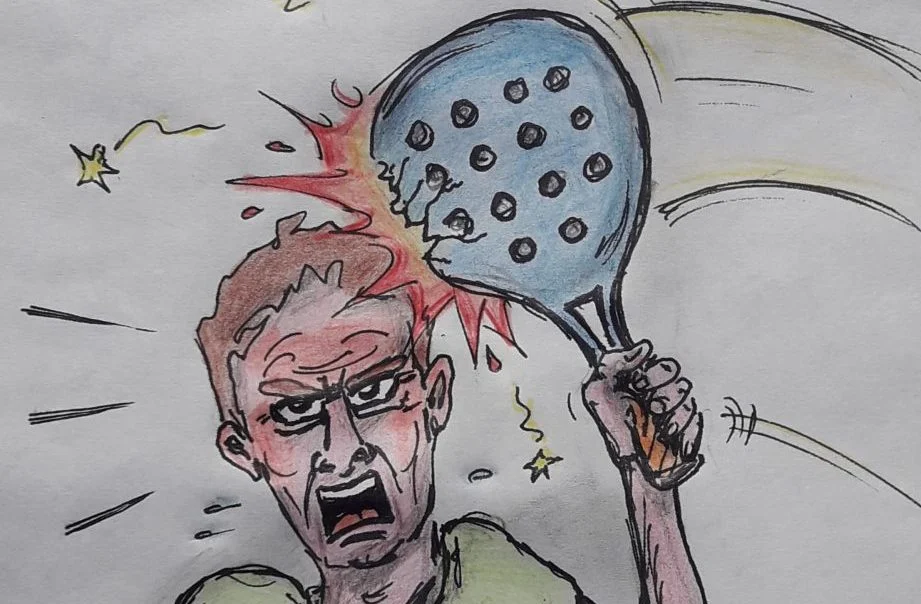 Don't play with a cracked or broken racket, your body will thank you!
Don't play with a cracked or broken racket, your body will thank you! Michel Cymes: “The padel, physically, it’s serious!”
Michel Cymes: “The padel, physically, it’s serious!”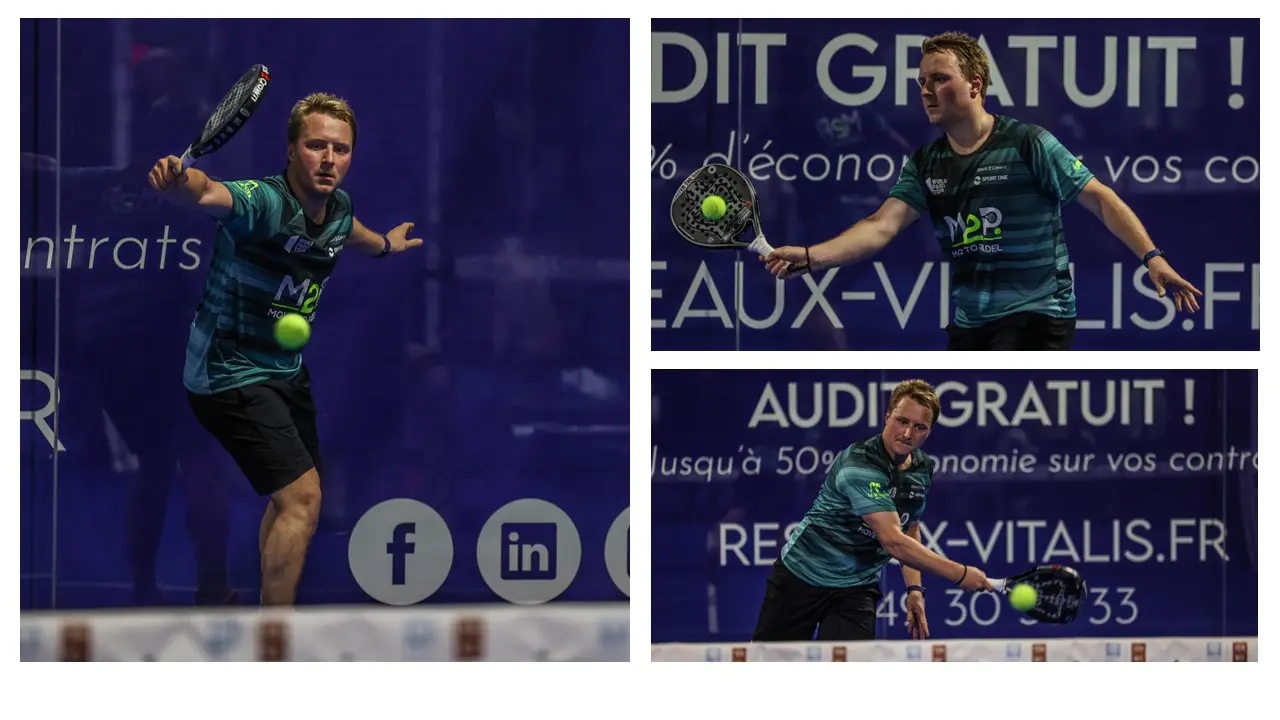 Jeremy Gala: “Promote the padel among young people in Belgium remains a challenge”
Jeremy Gala: “Promote the padel among young people in Belgium remains a challenge” The French Touch Academy organizes its selection day Padel-Study
The French Touch Academy organizes its selection day Padel-Study Report on the detection and training of younger generations
Report on the detection and training of younger generations